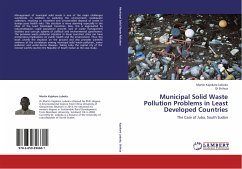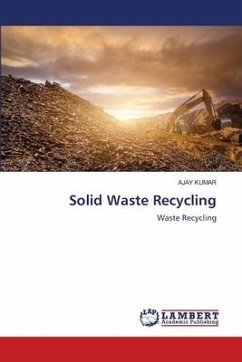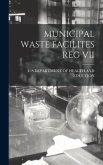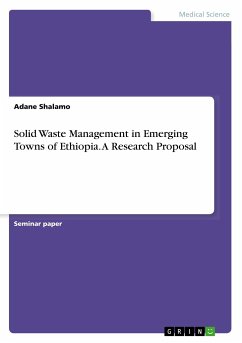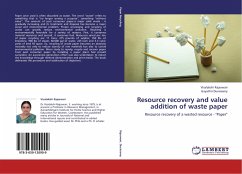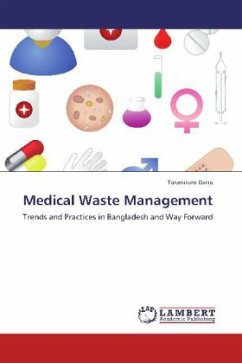Management of municipal solid waste is one of the major challenges worldwide. In addition to polluting the environment; inadequate collection, recycling or treatment and uncontrolled disposal of waste in dumps pose health risks. This situation is more alarming especially in the cities of the Least Developed Countries. Also, this is aggravated by industrialization, rapid population growth, lack of waste management facilities and corrupt systems of political and environmental governance. The pervasive waste pollution situation in these countries' cities can have tremendous implications on public health and the environment. Thus, this book unveils the situation on the ground and also provides scientific evidence of the correlation among municipal solid waste pollution, water pollution and water-borne diseases. Taking Juba the capital city of the newest world's country the Republic of South Sudan as the case study.

